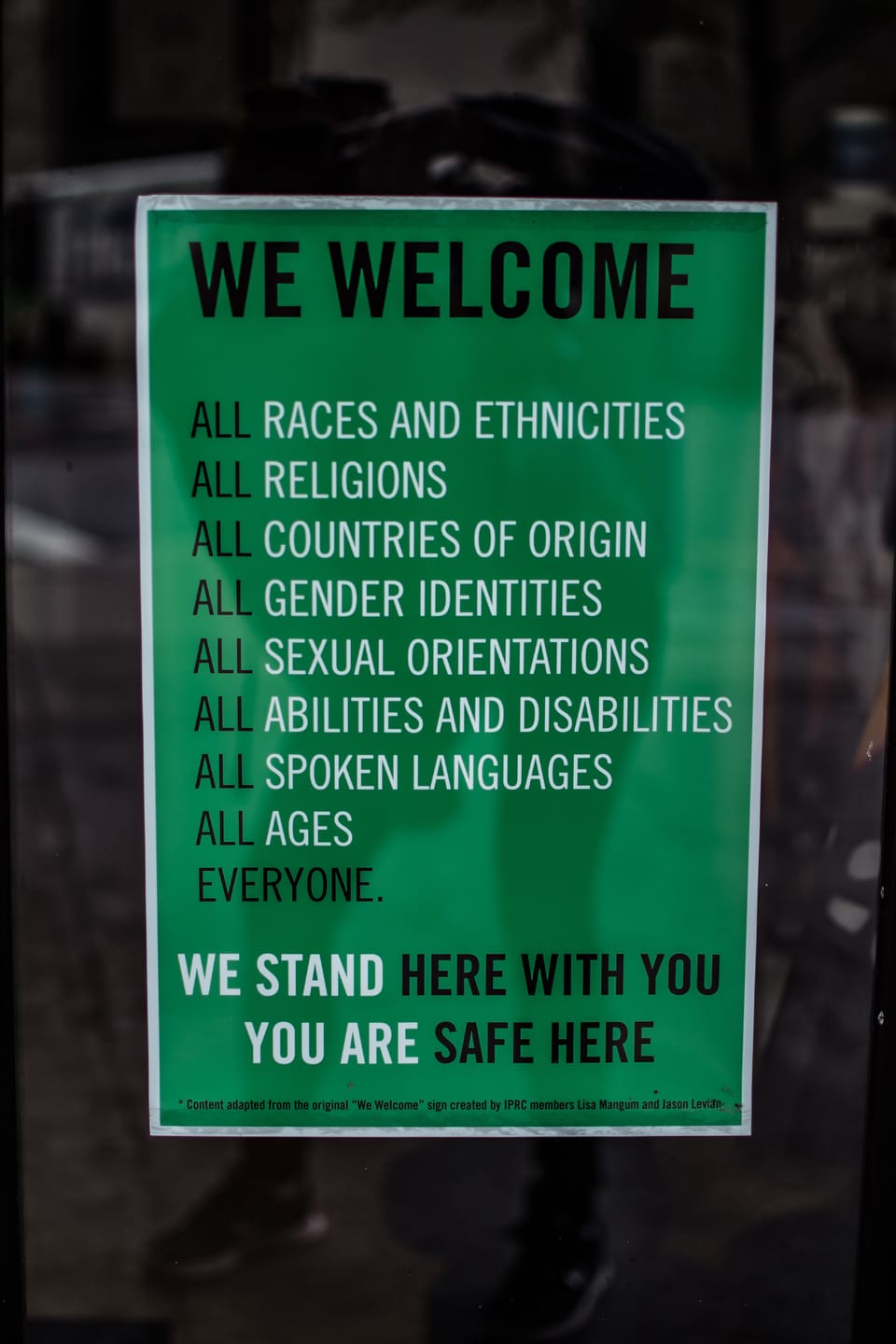Why Teachers Should Consider Applying to Independent Schools
Three educators share their experiences to help others understand the unique characteristics, benefits, and strategies of independent schools.

Admissionsly reports that there are 32,461 private, independent, and religious schools in the US, providing learning opportunities to 5.8 million students. And as you consider which type of school might be the right-fit for you, we suggest weighing the benefits outlined below.
What is an Independent School?
Independent schools are private schools. Overseen by a board of governors or trustees, independent schools often have stricter governance rules than public schools. They do not receive public funding from the state or federal government.
We partnered with Avenues: The World School to explore the many reasons teachers should consider independent schools. Hosted by Avenues' Recruitment Manager, Hanifa Farooq, the panel explored the benefits and experiences teachers might gain. Farooq was joined by:
- Sarina Fierro, Lower Division Head, Avenues: The World School
- Andy Ramirez, Director of College Counseling, Greenwich Country Day School
- Beth Pili, Director of College Counseling, The Spence School
They discussed defining characteristics, common instructional strategies, and the unique benefits and experiences to be gained working in an independent school.
Unique Characteristics of Independent Schools
While every school has its unique characteristics, there are some commonalities between independent schools:
- Content flexibility. Teachers have more flexibility with their content and independent schools tend to leverage their faculty expertise and interests to teach beyond the curriculum. Ramirez mentioned he even had the opportunity to take a military history class when he attended a private high school.
- Independent funding. Independent schools do not depend on government funding and can spend their budget as they please to fulfill their unique mission.
- Available resources. Faculty and students (including their families) have access to resources and personal development. Grants, financial aid, access to technology, and leadership opportunities were some of the examples mentioned by Pili.
- Student leadership. Students are allowed to explore their passions, push back on ideas, and start a genuine dialogue.
- Community engagement. Teachers and administrators commonly engage outside their scope of job requirements. They collaborate with other personnel in improving and strengthening the community.
- International teachers. Independent schools provide guidance and resources for international educators when they join their faculty.
About Selected
Selected helps teachers find jobs at schools they love. We offer a free school matching and career support platform for teachers that connects them with 1,600+ PK-12 schools in numerous urban metro areas across the country. Create a FREE teacher profile and connect with hiring schools immediately!




